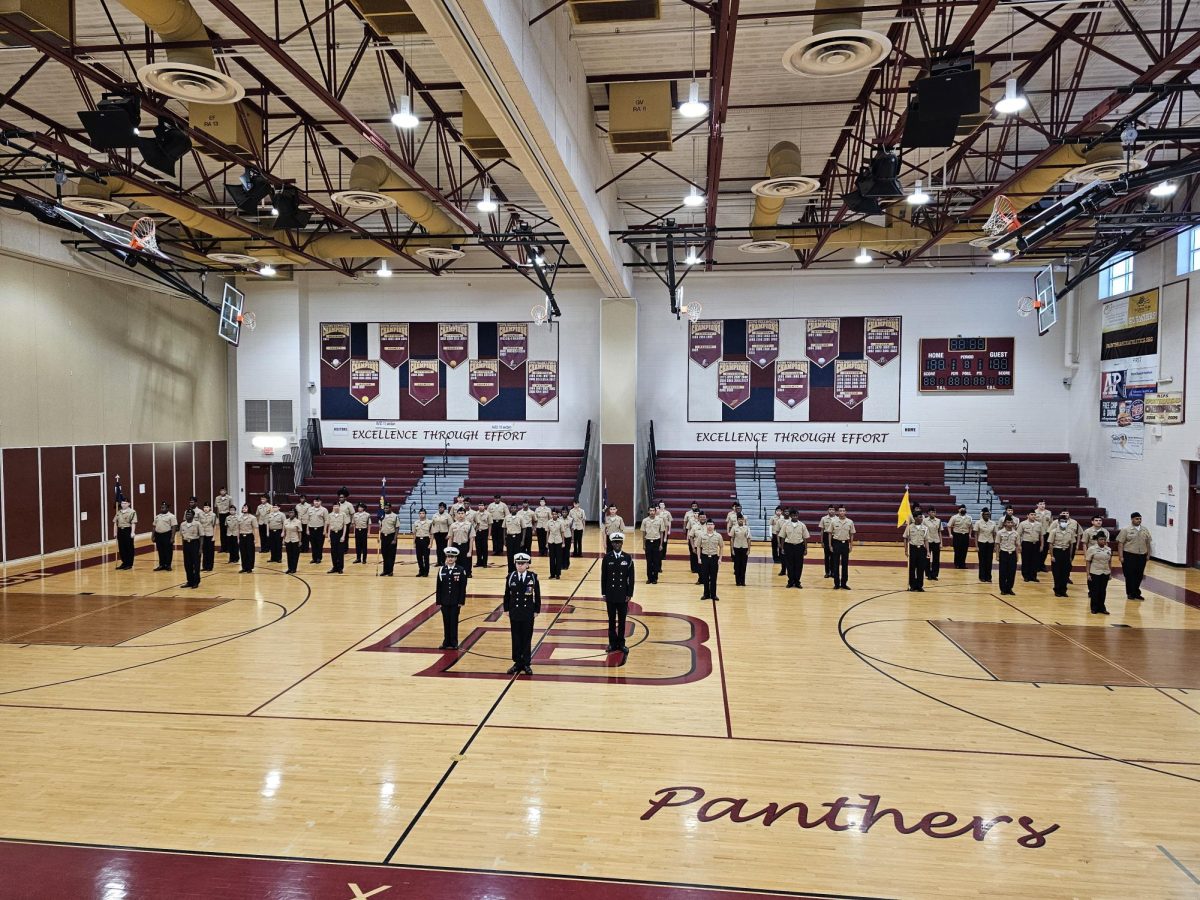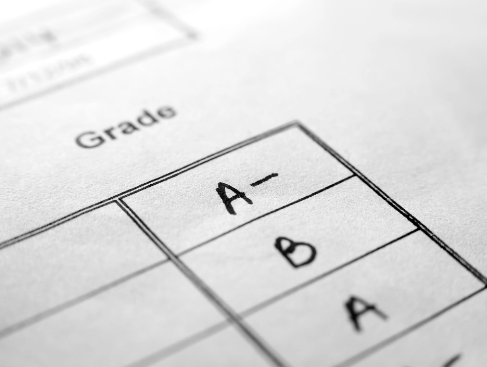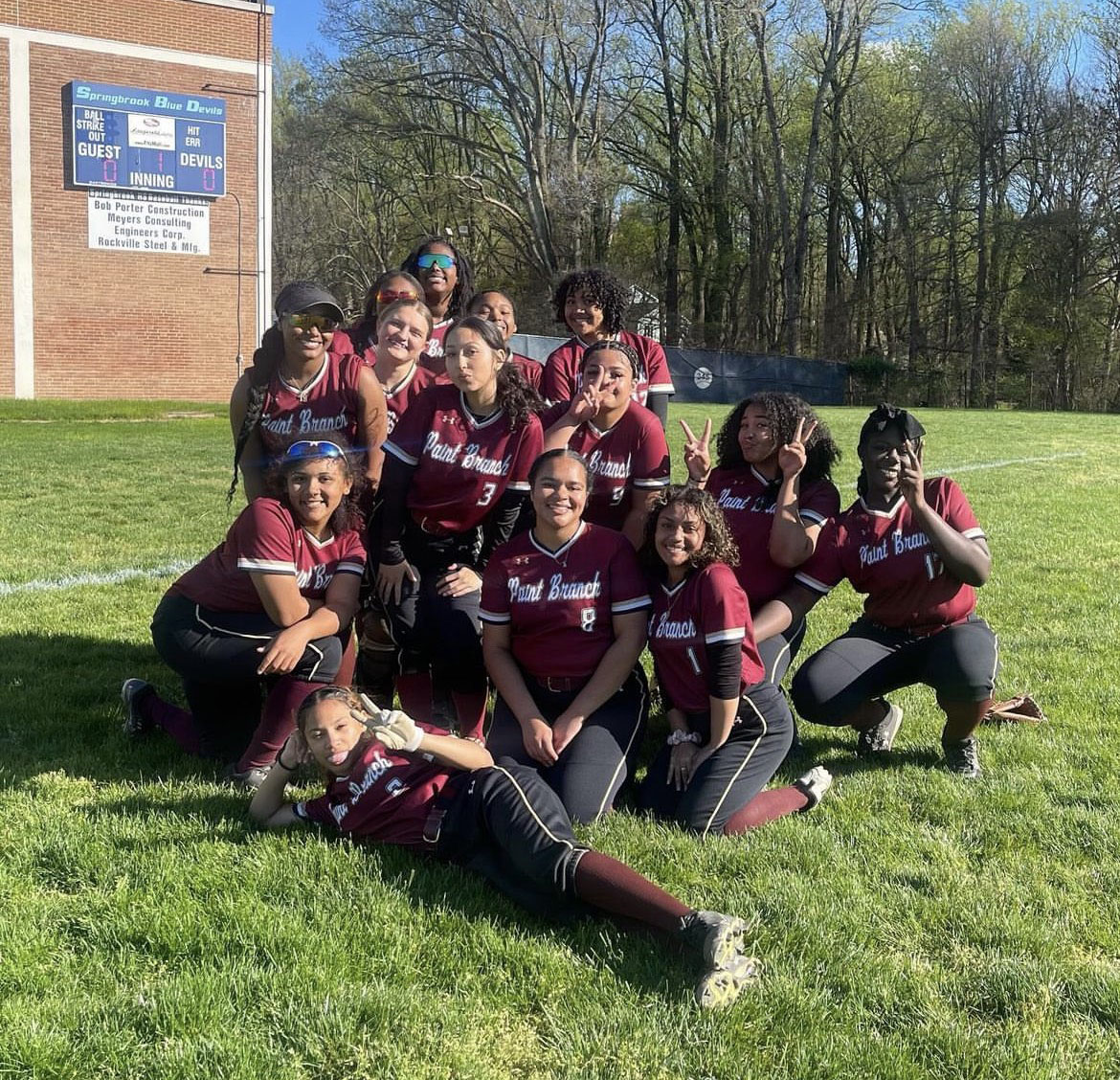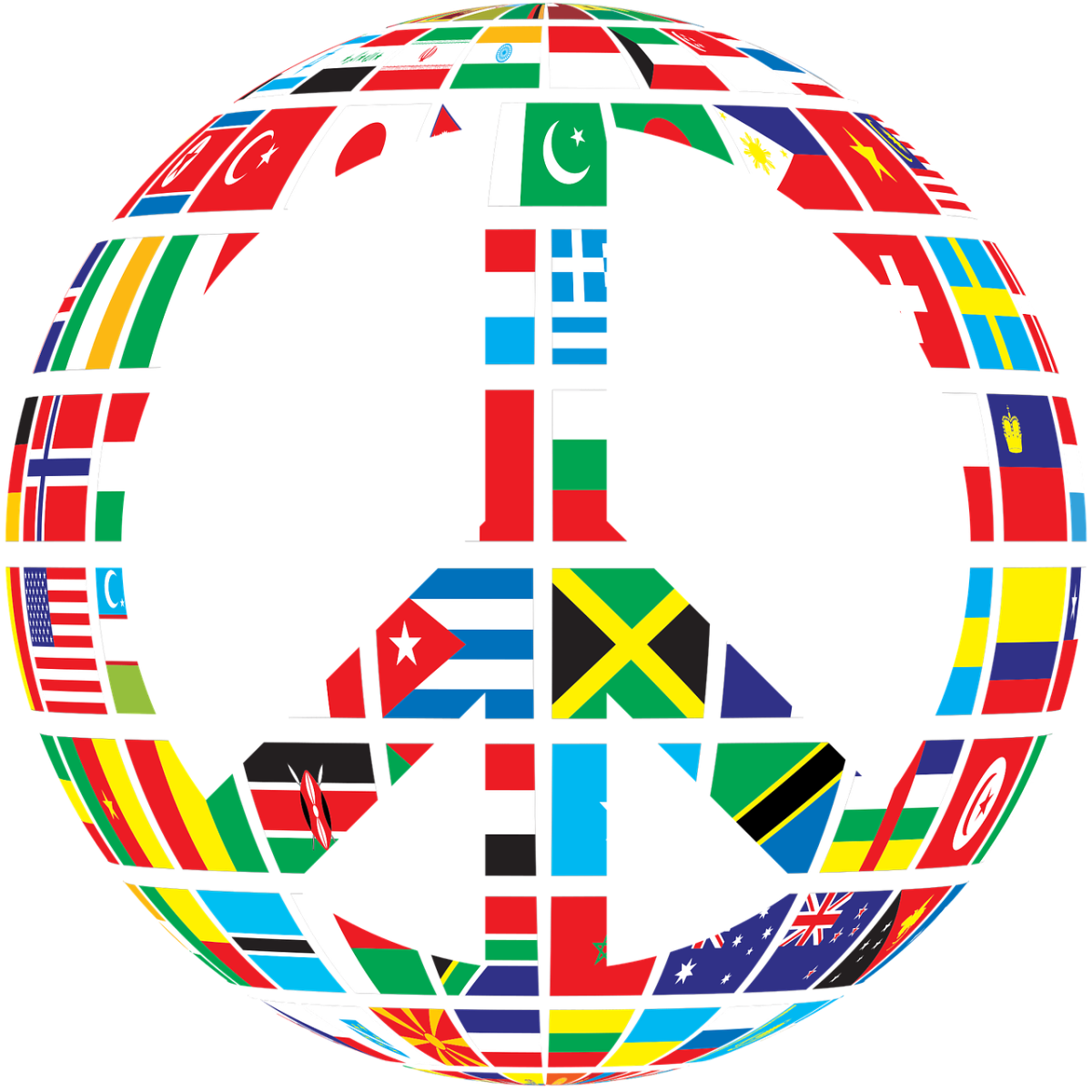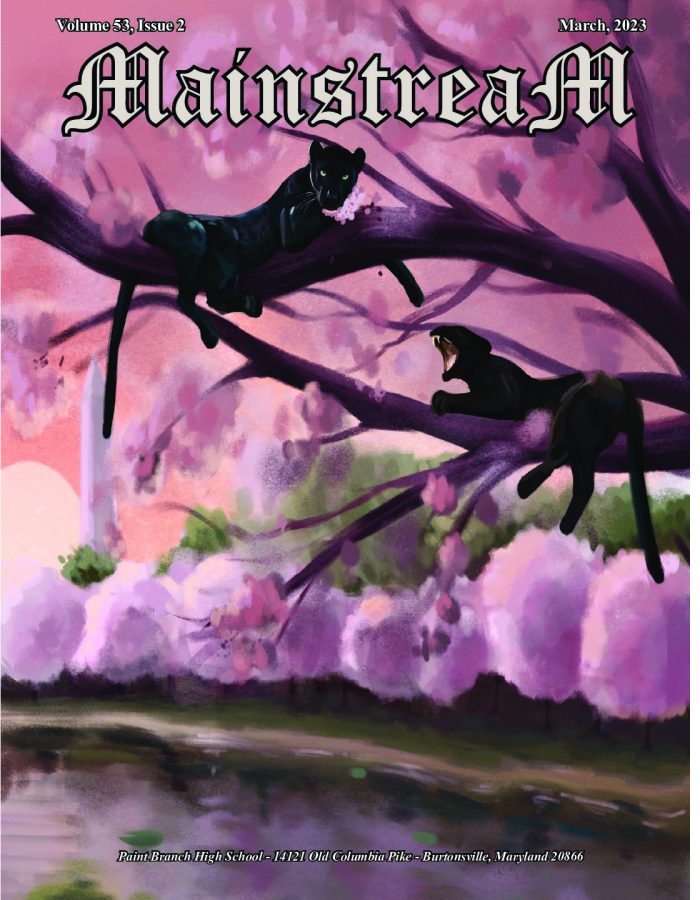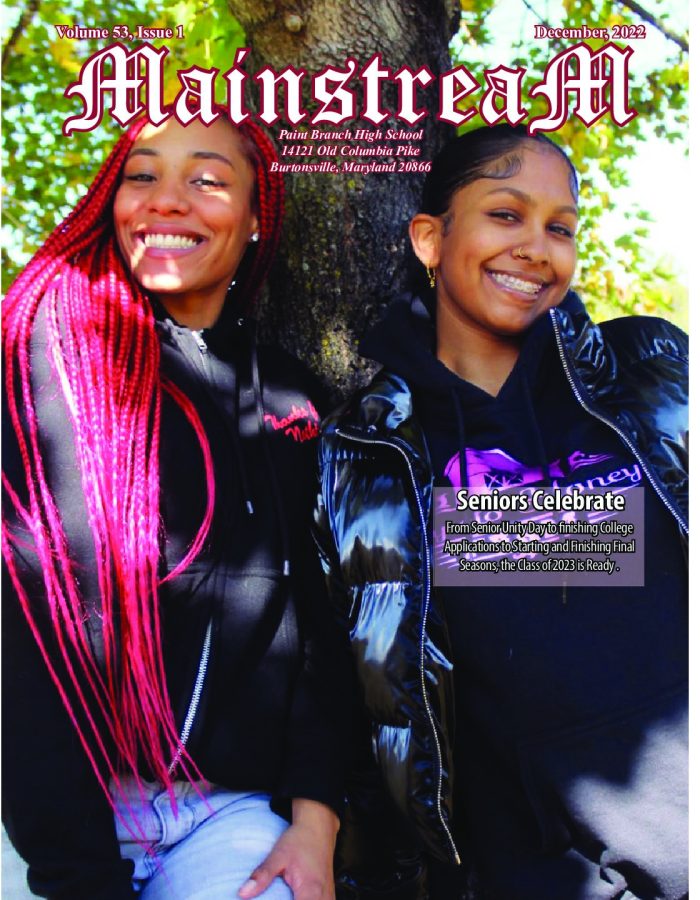One Nation Under…
November 21, 2014
“I pledge allegiance to the flag of the United States of America…” Words every student in America has recited for the entirety of their academic lives. It’s a pledge that praises honor and sacrifice. It’s a pledge that connotes patriotic pride. It’s a pledge beloved by so many. So why is it consistently at the center of a controversy?
The debate lies in the words “…one nation under God.” Religion has always been a touchy subject in America; a country where freedom of religion is supposed to mean acceptance of all beliefs. However, with freedom of religion comes the forbiddance of preference to any specific religion. This is a reasonable and understandable consequence if people seek to retain such a freedom.
Perhaps the sensitivity surrounding the Pledge can best be portrayed in the 2004 Supreme Court case involving atheist Michael Newdow, who sought to ban the Pledge of Allegiance from public schools, claiming he did not want his daughter reciting the words, “under God.” The Supreme Court ruled against Newdow, not because of the debatable constitutionality of the words “under God,” but because he did not have custody of his daughter, which meant his opinion was therefore void and irrelevant. A very clever way to avoid the heated topic indeed.
However, many still struggle to understand how or why the pledge offends some Americans. One might say, well you could always just not say those words, or refuse to say the pledge at all. This is a valid point, but look at it this way: What if, instead of “under God,” the pledge stated, “under Allah,” or “under no god?” Wouldn’t devout members of contradicting religions feel some kind of hesitancy about saying those words? Who could fault them for feeling such a way?
The truth is, the line separating church and state will always be one that faces harsh scrutiny. The controversy over the Pledge of Allegiance is a prime example. On one hand, to acknowledge a specific religious being in a national pledge seems to be pushing that line of separation too far. On the other hand, as a nation of so many diverse religions, one would expect a high range of tolerance amongst citizens. Yes, the words “under God” hint at a specific religion, but the recitation of the Pledge is not something forced on individuals. There is choice. People need to remember this choice and remember the true meaning behind the Pledge. It is not a declaration of religion, but one of patriotism.


